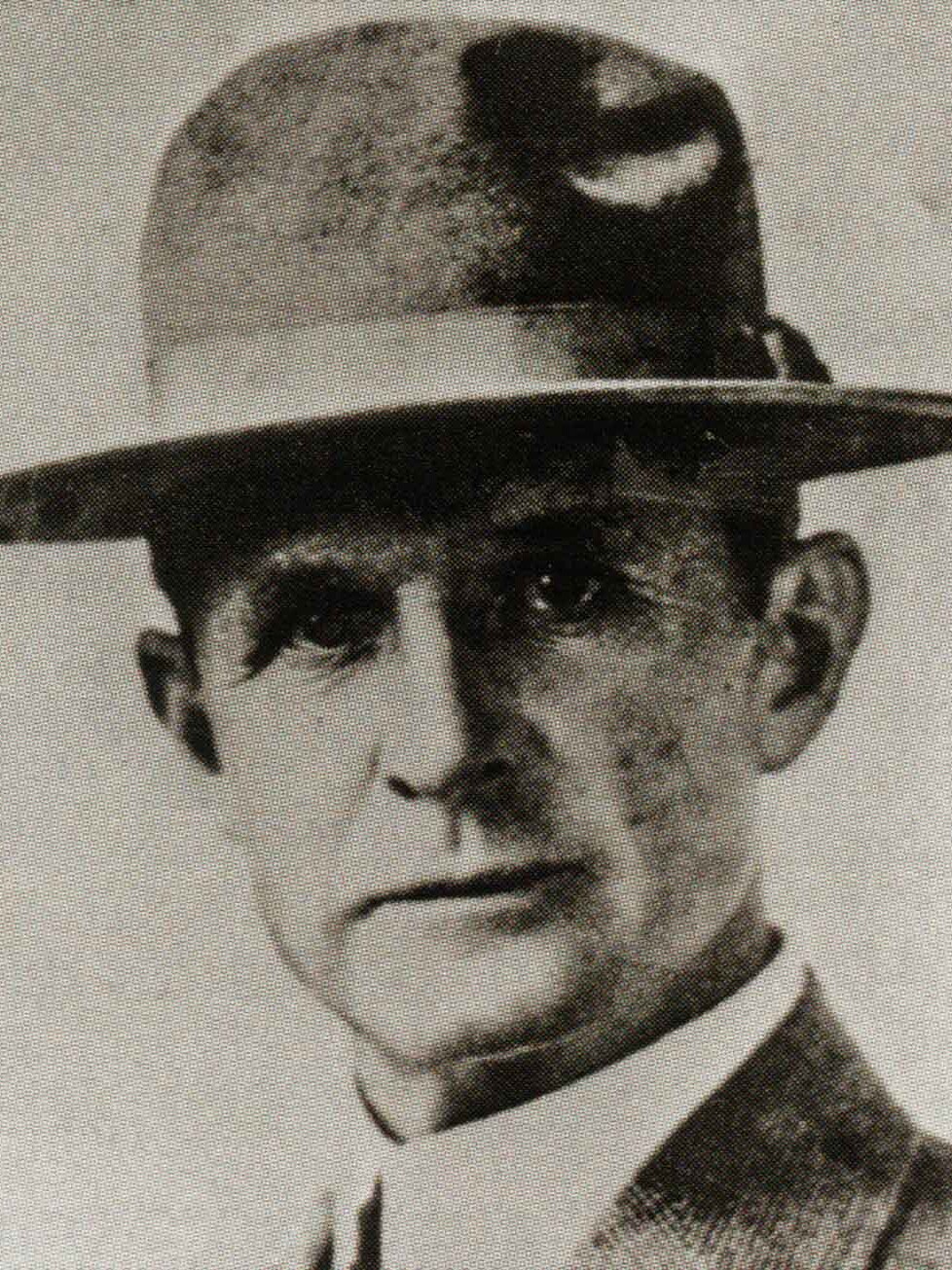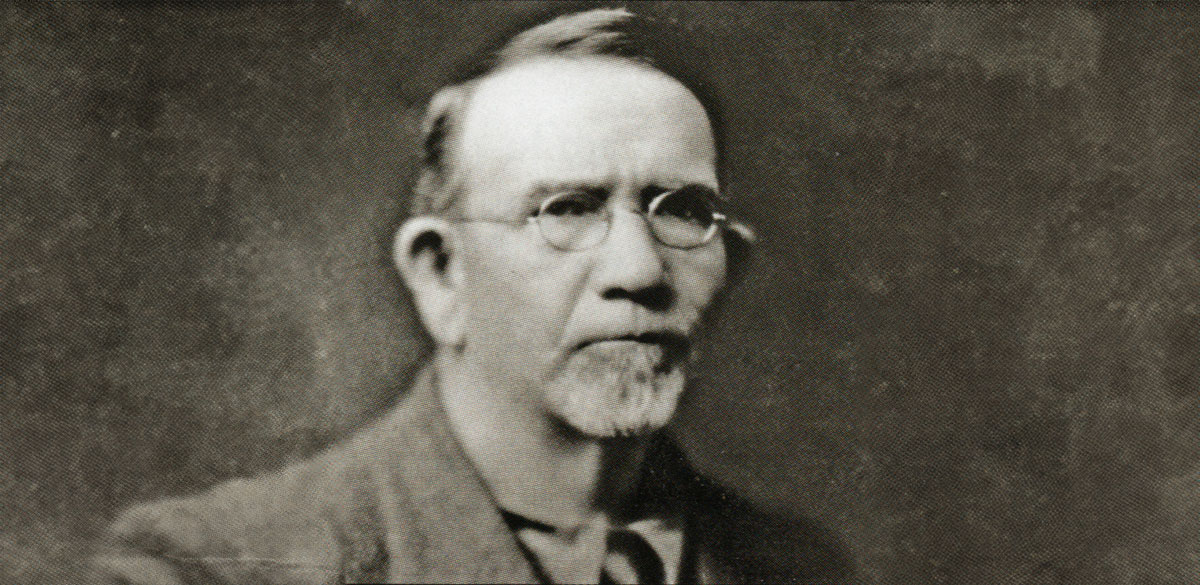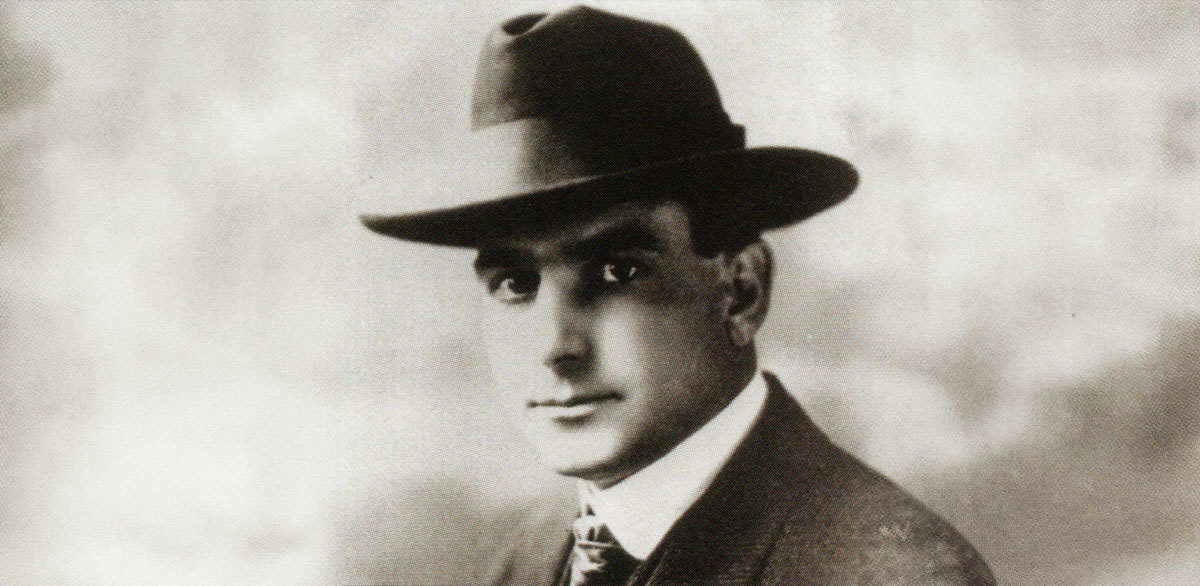Ralph Lawrence Conklin was born in Warrensburg, Missouri, on 31 May 1869.
Sheriff Conklin was the son of former Superior Judge Norman H. Conklin, and came to San Diego in 1874, when he was 4 years old. He was educated in the San Diego public school system
Prior to election as Sheriff, Conklin was in the U.S. Customs Service for fourteen years, and then six years with the Immigration Service. All this work was between San Diego and Yuma, AZ, along the southern border.
Conklin was known as one of the toughest lawmen in the southwest. In November 1894, he arrested Perfanio Gallego and his partner, Ignacio Sotello, smugglers from Campo. To transport the prisoners to San Diego, he hired a two-seat buckboard and put the two outlaws in front with Perfanio driving. As it was already getting dark, Conklin figured it best to stop in Cottonwood and get a friend to assist him with the ride to San Diego. As they were going down Cottonwood Grade, Conklin ordered Perfanio to speed it up, and he did. The buckboard hit a chuck hole, flinging everyone out to the ground. Ignacio managed to get Conklin’s gun and was about to shoot when Perfanio shouted, “Don’t shoot, they’ll hear it at the house.” The two outlaws then tried to beat Conklin to death. Conklin fought the two, trying to evade each blow. Perfanio became exasperated and yelled, “Hold still or I’ll kill you.” Conklin said later that it had struck him funny even with the desperation of the moment. After beating him senseless, the outlaws left him to die and headed for Mexico. The cold fall air brought Conklin around and he crawled to his friend’s house where he was bedridden for several months.
In November 1895, Conklin broke up a notorious cattle and horse thief gang and single-handedly arrested the ring leader. He later was instrumental in putting out of business the infamous “underground railway”, a powerful gang of smugglers in contraband Chinese laborers. This put several wealthy Los Angeles Chinese out of business.
On Sunday, January 18, 1914, Conklin reported (San Diego Union) that conditions in “Lower California” (specifically Ensenada) were desperate for the Mexican Federal garrison there, who had not been paid for months. He reported that merchants at Tecate were living in “mortal terror” of an invasion of desperate Federal soldiers. He expected that within the next few days, 300 soldiers from the Ensenada garrison would be coming north, 150 to Tia Juana and 150 to Tecate, with a plan to cross the border and become charges of the American government.
A former Customs Service co-worker endorsed Conklin for Sheriff, reporting in the San Diego Union (August 25, 1914, Earle H. Grainger), that: “We have ridden the Mexican border and the desert together; we have rounded up contraband horses and cattle together. I have assisted him in the enforcement of the revenue laws through flood and field, mesquite and mesa, sand and ‘sidewinders’ and have ever found him to be fearless and impartial in running down and capturing those defying the law, but kind and considerate to all the misguided ones that duty called him to take in charge.”
Running for Sheriff was considerably less expensive in 1914 than now, but still expensive to the participants. The San Diego Union reported on November 17, 1914, that Conklin spent $640.35 in the general election and nearly $900 in the primaries, “… so that nearly half of his first year’s salary already has been used in procuring the office.”
On November 6, 1914, Sheriff Conklin was presented with a gold Sheriff’s star at a dinner in his honor at the Palace café. It was presented by Detective H.B. Stewart, who said “Conklin is the only native son ever elected Sheriff, and I want to give him his first Sheriff’s star.”
While Sheriff, he inaugurated improvements and “made several radical departures from usual methods of treating county jail prisoners.” He initiated establishment of a road gang, and his policy was to “afford the best possible protection to prisoners and to endeavor to make them self-reliant and self-respecting.” Complaints from local drivers caused him to detail men from the SDSO to catch the reckless speeders.
Sheriff Conklin supported the Grand Jury’s recommendations to substitute the clothing of inmates for “cheap sanitary suits” and “… low shoes having rubber heels and soles for jail use. Thereby they will be prevented from making annoying noises around the jail by beating their shoe heels on iron doors and bars.”
In October 1915, Sheriff Conklin, Undersheriff Tom Rynning, and County Detective Dave Wilbur raided a celebration called “’49 Camp” in East San Diego. The proprietor of the cap and two assistants were arrested and taken to jail for illegal gambling. According to Conklin, the promoters of the exhibit used their advertised “’49 Camp” as a blind for the real attraction, an old “building in the rear in which were two roulette wheels and ‘Klondike’, ‘21’, and crap games, where score of fun-seekers played for scrip and money.” The Sheriff reported that the gaming paraphernalia came from Tia-juana, where the Camp proprietor formerly operated gambling games at a Mexican fair, but was ordered to leave days earlier with his gambling equipment. The Sheriff also intimated that East San Diego officials may be prosecuted after he consulted with District Attorney Marsh.
Undersheriff Tom Rynning was recruited by Conklin. He was previously a Captain in the Arizona Rangers and former Warden of the Arizona penitentiary.
In late 1917, suffering from bronchitis, he drove through a dense fog in Los Angeles to get Otis Slane, wanted for the murder of a chauffeur near Oceanside. He then drove to Imperial valley and back on the same day to get Leslie Northon, also implicated in the death of the chauffeur.
From that time on, he was unable to shake the bronchitis and pneumonia developed and he was confined to his bed in January. After months of slow decline, he passed away on April 4, 1918.
He was survived by his widow, Mrs. Ildica Eisenmayer Conklin.




